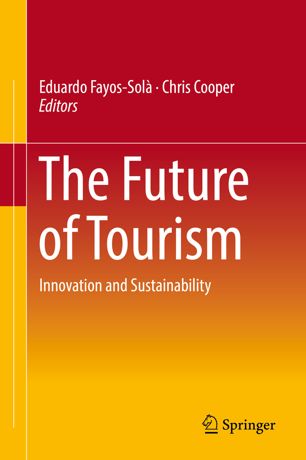

Most ebook files are in PDF format, so you can easily read them using various software such as Foxit Reader or directly on the Google Chrome browser.
Some ebook files are released by publishers in other formats such as .awz, .mobi, .epub, .fb2, etc. You may need to install specific software to read these formats on mobile/PC, such as Calibre.
Please read the tutorial at this link: https://ebookbell.com/faq
We offer FREE conversion to the popular formats you request; however, this may take some time. Therefore, right after payment, please email us, and we will try to provide the service as quickly as possible.
For some exceptional file formats or broken links (if any), please refrain from opening any disputes. Instead, email us first, and we will try to assist within a maximum of 6 hours.
EbookBell Team

4.8
94 reviewsThis book presents the foundations for the future of tourism in a structured and detailed format. The who-is-who of tourism intelligence has collaborated to present a definitive blueprint for tourism reflecting the role of science, market institutions, and governance in its innovation and sustainability. The book adopts a comprehensive approach, exploring recent research and the latest developments in practice to inform the reader about instruments and actions that can shape a successful future for tourism. Broad in scope, the book incorporates the perspectives of leading tourism academics, as well as the views of tourism entrepreneurs, destination managers, government officials, and civil leaders.
The book is divided into three parts, the first of which addresses the scientific facets of innovation, analyzing the challenges and opportunities that technology provides for organic and disruptive developments in tourism, which will shape its future. In turn, the second part examines socio-cultural paradigms – with a view to dismantling traditional barriers to innovation. It also explores the role of heritage and the ethics of inclusiveness as drivers for sustainable tourism. The third part investigates new ways and means in governance and policy making for tourism. It introduces advances such as strategic positioning, symbiotic partnerships, and innovative management, and closes by presenting governance frameworks for an inclusive and sustainable future of tourism.